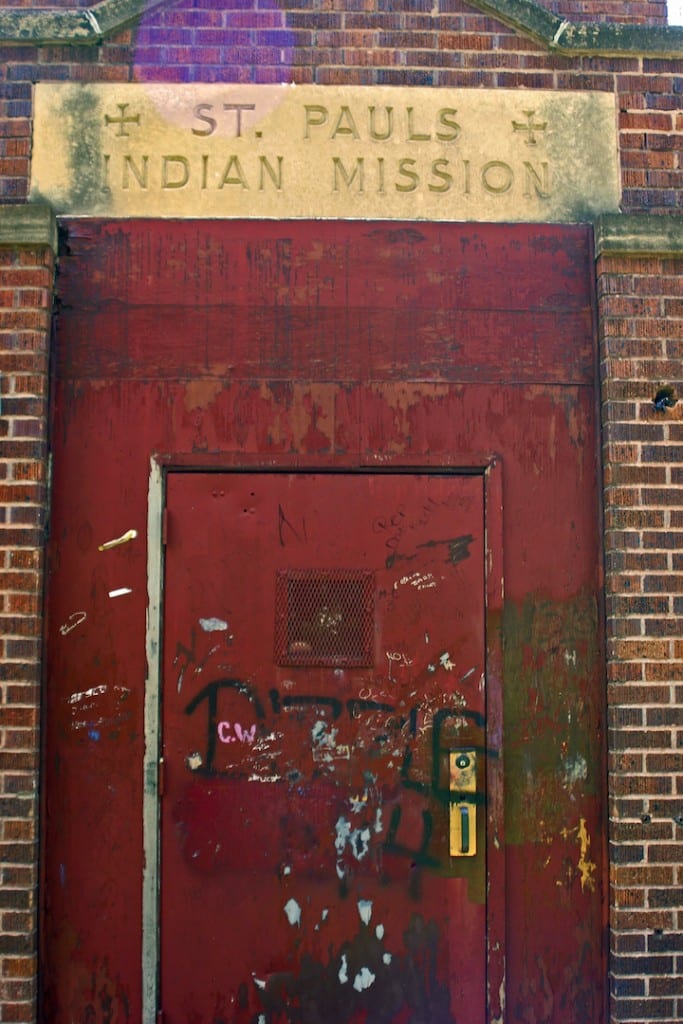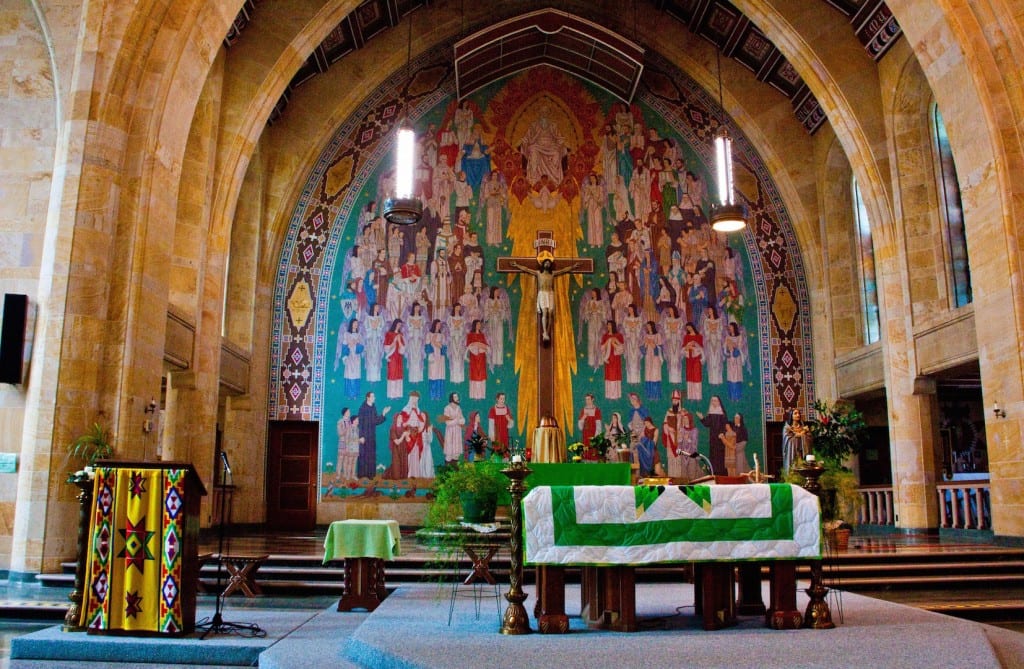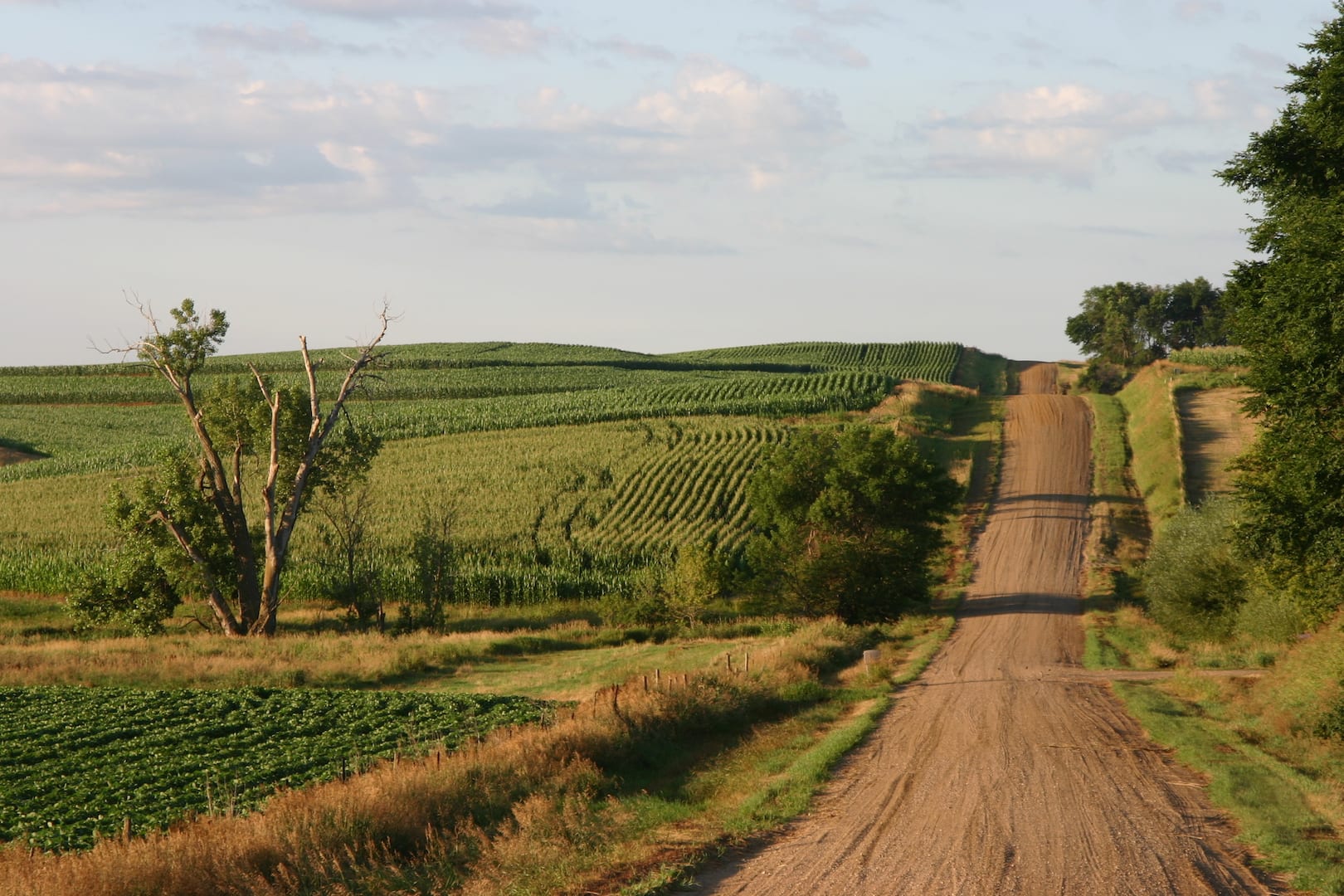The following is a piece by Jason Leif, originally written for The Twelve.
At the institution where I teach I’ve come to be known as the “guy who hates serve projects.” This comes from my ineffective attempts to carefully critique all of the money and time that go into these projects, as well as the terrible theology that is often used to justify them. As much as I would try to tell people that I don’t hate them and that I believe they can be important transformative experiences—the label has stuck. I stand by my critique, and I’m not the only one who feels this way. Over the past ten years or so there have been a number of people who have articulated the problems with these projects much better than I can.

This morning, however, I’m getting ready to lead my second serve project in as many years. Tomorrow young people from Canada and the U.S. will gather in a small church in Sergeant Bluff, Iowa for a week of worship, fellowship, and work. We call it Prairie Serve. The idea came to me a few years ago when I was having a conversation with someone about the issues facing rural America. Look at a map of the most economically impoverished parts of the United States and you’ll see they are not in urban areas; they are in rural areas. Arizona, New Mexico, and South Dakota are all lit up on these maps…the one I was looking at was a dark blue. These are the places Native Americans inhabit—the reservations as they are called. This week a group of young people will be working with Pastor Lowell from the Winnebago Reformed Church painting houses, doing yard work, demolishing dilapidated structures, and meeting new people. But that’s not why we go.

The reason I started this serve project is because I want young people to encounter the diversity that lives right in their own back yard. As a planning team we try to make sure that we deal with the messiah complex right away. We’re not “saving” anyone by painting houses or mowing a lawn; in fact I’m not sure the work we do matters all that much in the end. But we are meeting our neighbor; we are putting ourselves in a place where we encounter the other…where we encounter difference. My hope for this project is not that these young people will think they are bringing God to the Native people or the Lao people, but that the Native people and the Lao people will open up an encounter of God for us—that we will come to see how God is at work in ways we could never imagine.

So that’s why I’m helping to lead a serve project this week. Sure there will be time for silliness, time for play and time for eating good food, but this will all take place within the context of a time of being opened up to encounter our neighbor in ways that crack open our own religious and cultural worldview. In teaching VBS to Lao kids, in attending the annual Winnebago Pow Wow, and in painting a house for a young family in need, these young people will be opening themselves up to encounter the God who in Jesus Christ has promised to come to us in ways we never expect. That’s my hope for this week, and that’s why I love serve projects.